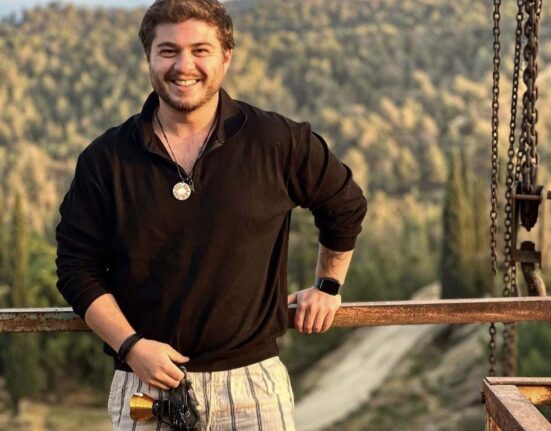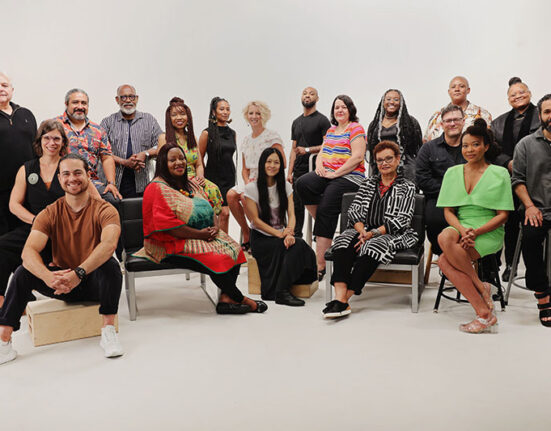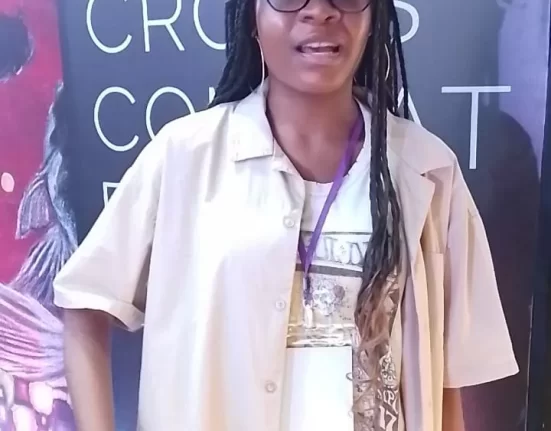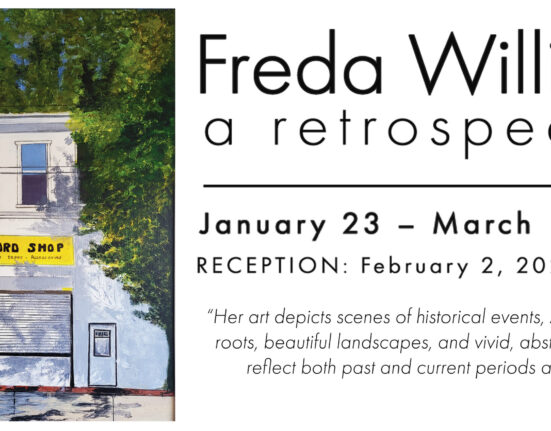Emory University’s Arts and Social Justice Fellows Program (ASJ) presents a project showcase and community conversation on Tuesday, Dec. 5, at the Switchyards Downtown Club. Doors open at 6 p.m. and programming begins at 7 p.m. The event is free and open to the public, but advance registration via Eventbrite is recommended.
Inspired by faith in the power of art to open spaces for conversation, community-making and collective action, the ASJ program brings Atlanta artists into Emory classrooms to help students translate their learning into creative activism in the name of social justice. Each artist is paired with an Emory faculty member to co-teach an existing course and design a relevant creative project for the students to produce throughout the semester.
“Through the Emory University Arts and Social Justice Fellows Program, we are harnessing the transformative power of art and education to drive conversations, promote empathy and inspire action on the critical issues of our time,” says Carlton Mackey, co-director of the ASJ program and assistant director of education, community dialogue and engagement at the High Museum of Art.
In addition to exposing students to new and creative ways of thinking about social change, these partnerships between Atlanta artists and Emory faculty build a bridge between the university and the city in which it resides.
“Our mission is to bridge the gap between the academy and the vibrant Atlanta arts community. Together, we are using creativity, scholarship and social connections to create a more just and compassionate society,” says Mackey. “The Arts and Social Justice Fellows Program represents a dynamic collaboration that fosters innovation and redefines the way we engage with the world. We invite everyone to join us on Dec. 5 for an evening of thought-provoking performances, installations and meaningful dialogues that embody the spirit of change and unity.”
Featuring opening remarks from Barbara Krauthamer, dean of Emory College of Arts and Sciences, the program will include live dance, spoken word, musical and theater performances. Prior to the performances, attendees are invited to explore multimedia art installations created in collaboration with Emory students, artist fellows and additional Atlanta-based artists.
Courses and faculty/artist pairings
Black Church, Black Music
Emorja Roberson, assistant professor of music and African American studies at Oxford College, with Adán Bean, writer, emcee and spoken word artist
Dance Pedagogy
Lori Teague, associate professor of dance, with Antonio David Lyons, actor, poet, musician, playwright and artivist
Healing Justice is Social Justice: Narrative Medicine
Khaalisha Ajala, assistant professor at Emory University School of Medicine, with Meredith Gordon, clown and actor
Immigration as Social and Structural Determinant of Health
Amy Zeidan, assistant professor at Emory School of Medicine, with Kelly Taylor Mitchell, artist, assistant professor of art and visual culture at Spelman College
Information Visualization
Emily Wall, assistant professor in the Department of Computer Science, with W.J. Lofton, poet
Introduction to Native American History
Loren Michael Mortimer, provost postdoctoral fellow in Native American History, with Bird Harris, painter and social practice artist
NRSG 726D DNP Project Development I
Shawana Moore, associate professor in the School of Nursing, with Nia Jackson, visual artist
About the Arts and Social Justice Fellows Program
Amid a groundswell of national attention to racial and social injustice in the summer of 2020, Emory professors and students joined with Atlanta artists later that fall to explore how creative thinking and artistic expression can inspire change.
A partnership between Emory Arts of Emory College of Arts and Sciences and the Ethics and the Arts program of the Emory University Center for Ethics, the Arts and Social Justice Fellows (ASJ) program was envisioned as an opportunity for faculty members to work alongside partnered ASJ Fellows to embed creative projects that reflect on social inequities into existing courses across the Emory curriculum. Throughout the program, the full cohort of faculty, artist fellows and their students will gather to learn about each other’s work and to exchange ideas across campus about the arts and social justice. The semester concludes with a public unveiling and citywide conversation to collectively consider the completed projects and the questions they raised.







